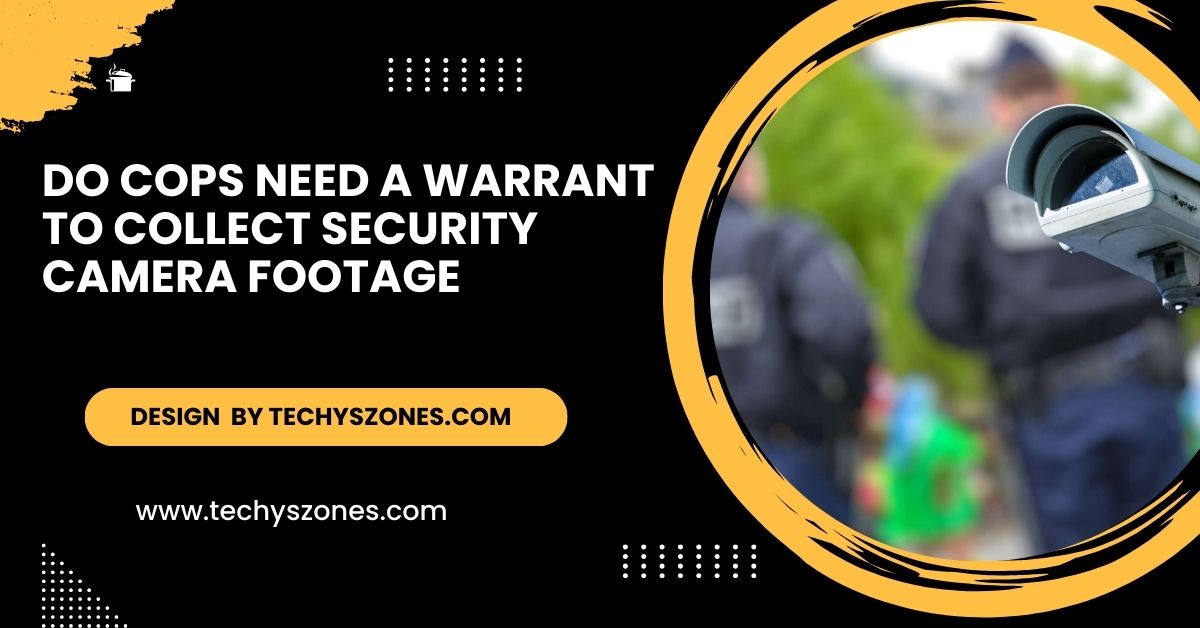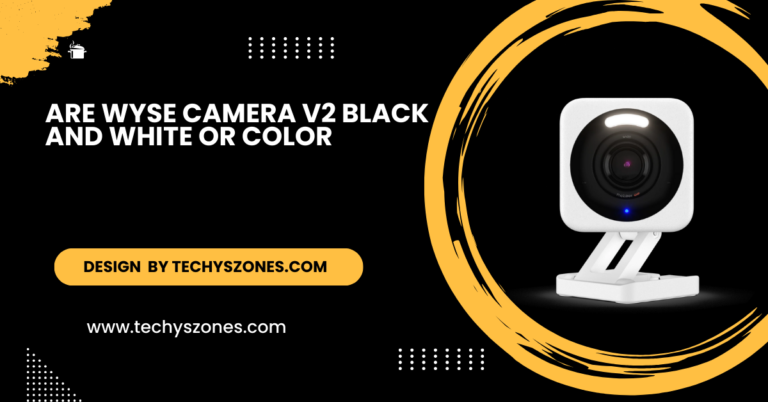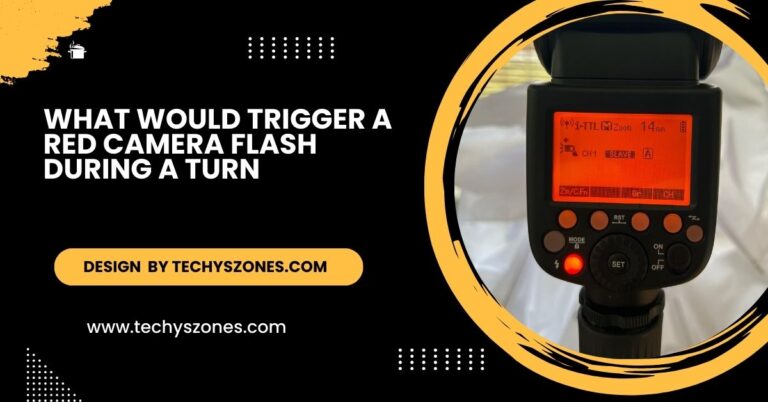Do Cops Need A Warrant To Collect Security Camera Footage – A Complete Guide!
Do Cops Need A Warrant To Collect Security Camera Footage? Police usually need a warrant for private security footage, but exceptions exist for public areas.
In this article, we’ll explore the legal landscape surrounding this issue, examining how the Fourth Amendment, state laws, and specific circumstances affect law enforcement’s ability to access such footage.
Understanding the Fourth Amendment:
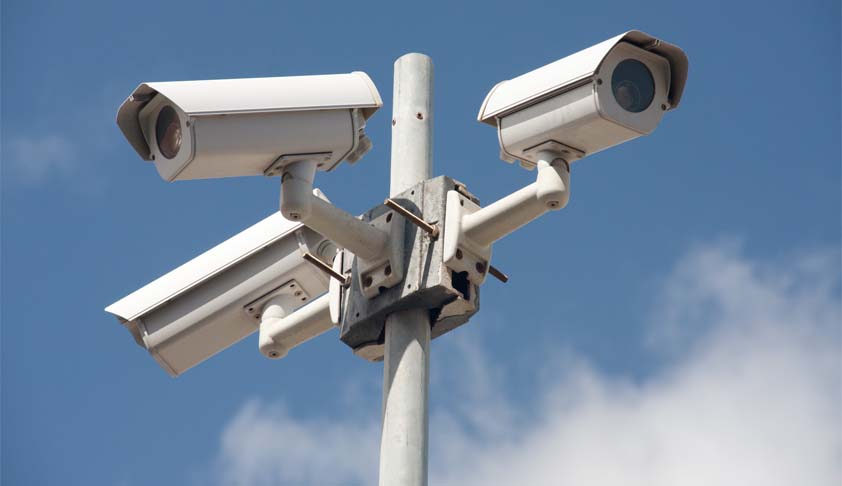
The Fourth Amendment of the United States Constitution safeguards individuals against unreasonable searches and seizures. This protection extends to various forms of property, including private surveillance footage.
In general, Do Cops Need A Warrant To Collect Security Camera Footage? Yes, police typically need a warrant based on probable cause to collect evidence from private property, including security camera footage.
Warrant Requirements for Accessing Security Footage:
When law enforcement seeks a warrant to collect security camera footage, several legal requirements must be met. The question arises, Do Cops Need A Warrant To Collect Security Camera Footage?
Yes, police must demonstrate to a judge that there is probable cause to believe the footage contains evidence relevant to a specific criminal investigation.
- Probable Cause: Police must demonstrate to a judge that there is a reasonable basis for believing that the footage contains evidence relevant to a specific criminal investigation. This involves presenting facts that justify the need for access, going beyond mere speculation.
- Specificity: The warrant must specify the particular footage or time frame that law enforcement intends to access. This specificity is crucial to ensure that police do not overreach, preserving citizens’ rights to privacy.
- Execution Protocols: Police are generally required to execute the warrant within a reasonable timeframe and manner, respecting the property owner’s rights. This aspect emphasizes the need for law enforcement to maintain professionalism and transparency when accessing private property.
Read More: Do Sigma Lenses Fit Sony Cameras – The Best Guide of 2024!
Case Law Examples:
To further clarify, Do Cops Need A Warrant To Collect Security Camera Footage? Yes, according to landmark cases like Katz v.
- Katz v. United States (1967): This landmark case established the “reasonable expectation of privacy” test. The Supreme Court ruled that warrantless wiretaps violated the Fourth Amendment, highlighting the need for privacy protections in the digital age.
- United States v. Jones (2012): In this case, the Supreme Court ruled that attaching a GPS device to a vehicle without a warrant constituted a search under the Fourth Amendment. This case underscores the increasing relevance of surveillance technology and the need for judicial oversight.
Circumstances Where a Warrant May Not Be Required:
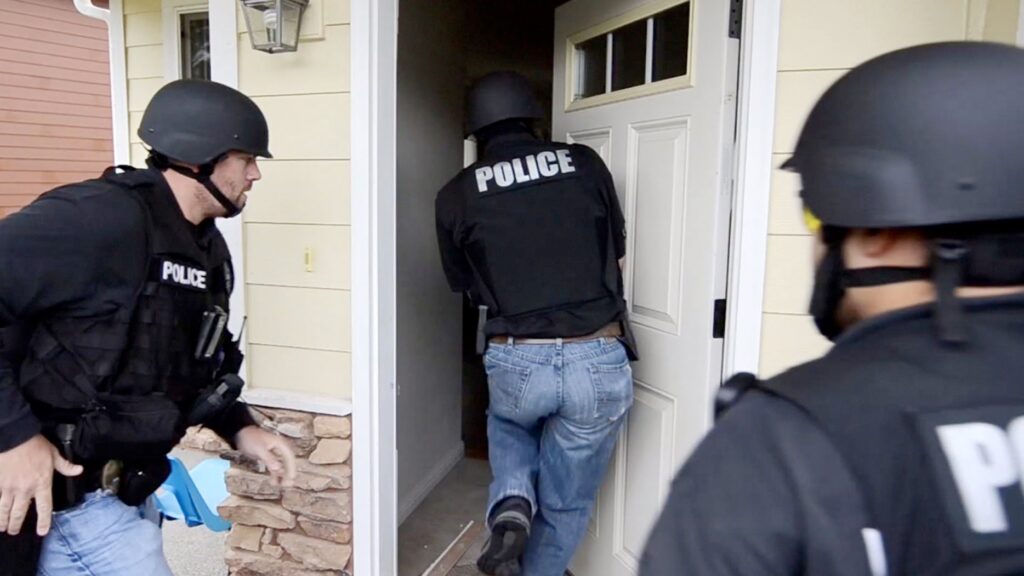
Although warrants are typically required, several exceptions exist under which police can access security footage without one:
- Public Cameras: If the footage is recorded in a public area, such as streets, parks, or other open spaces, police may access it without a warrant. This is based on the principle that individuals have a diminished expectation of privacy in public environments.
- Consent from Property Owners: A property owner can voluntarily grant police access to their security footage. This often occurs when individuals want to assist law enforcement in an investigation, but property owners should be aware that consent may limit their privacy rights.
- Exigent Circumstances: In emergencies where there is an imminent threat to public safety or the risk of evidence being destroyed, police may bypass the warrant requirement. Examples include situations where a violent crime is in progress, and immediate access to footage is essential to apprehending suspects or preventing further harm.
When a Warrant Is Not Needed:
While a warrant is often required, there are specific circumstances under which police may access security camera footage without one:
Public Cameras:
If security camera footage is obtained from public spaces like streets or parks, police may not require a warrant to access it.
This is based on the understanding that individuals have no reasonable expectation of privacy in these public areas. Consequently, footage from such locations can be readily accessed for law enforcement purposes.
Consent:
If a property owner consents to law enforcement accessing their security footage, no warrant is needed. This often occurs when a homeowner willingly provides footage to assist in an investigation.
Exigent Circumstances:
In emergencies where there is an immediate threat to public safety or the risk of evidence being destroyed, police may act without a warrant. For example, if a crime is occurring and immediate access to footage is necessary to apprehend a suspect, law enforcement may be allowed to bypass the warrant requirement.
Read More: Can Older Rpi Camera Work In Pi 5 – Performance, Compatibility, And Tips!
State Laws and Variations:
It’s essential to recognize that laws can vary significantly by state. Some states have specific laws that provide additional protections regarding surveillance footage. For instance, California has strict privacy laws that may require police to obtain a warrant even for public camera footage under certain circumstances.
State-Specific Examples:
- California: The California Electronic Communications Privacy Act (CalECPA) requires law enforcement to obtain a warrant to access electronic communications, which includes video footage from security cameras. This law emphasizes privacy rights and reflects California’s broader commitment to data protection.
- Texas: In Texas, state law provides guidelines regarding the collection of surveillance footage. While police generally need a warrant, the law also outlines specific exceptions, such as when footage is available from a publicly accessible camera.
- New York: New York law permits police to request footage from private businesses without a warrant, particularly if the footage is essential to a criminal investigation. However, businesses are not required to comply, creating a potential area of contention regarding privacy rights.
Business Obligations:
Businesses often have an obligation to inform customers and employees about their surveillance practices, including how footage may be accessed by law enforcement.
Some businesses may choose to require a warrant as a policy for releasing footage, while others may have procedures in place that expedite sharing with police. Understanding these policies can help individuals navigate their rights regarding surveillance footage.
Impact on Privacy and Surveillance:
As security cameras become more advanced and ubiquitous, the implications for privacy and surveillance rights are profound.
The balance between effective law enforcement and individual privacy rights is a delicate one. With the rise of technologies like facial recognition and advanced analytics, the potential for surveillance abuse grows, making it critical for citizens to understand their rights.
Public Awareness and Advocacy:

Public awareness regarding surveillance and privacy rights is increasing. Advocacy groups often work to educate individuals about their rights concerning surveillance and the circumstances under which police can access footage. Engaging in community discussions and advocating for stronger privacy protections can help individuals navigate these complex legal landscapes.
The Role of Privacy Policies:
Many businesses and organizations have their privacy policies concerning how surveillance footage is stored and shared. These policies can impact how law enforcement accesses footage. Both citizens and law enforcement must be aware of these policies, as they can dictate the conditions under which footage may be shared.
Read More: Are Traffic Cameras A Threat – A Deep Dive into Their Effectiveness!
Technological Advancements:
The rise of advanced surveillance technologies, such as facial recognition and artificial intelligence, heightens concerns about potential abuses of surveillance power.
These technologies can track individuals and analyze their behavior, raising questions about consent and privacy. As these tools become more common, citizens must be informed about their rights and the limits of law enforcement authority.
FAQ’s
1. Do police need a warrant for public security camera footage?
No, if the footage is captured in a public space, police may access it without a warrant.
2. What is required for police to obtain a warrant?
Police must demonstrate probable cause to a judge, specifying the footage and timeframe they wish to access.
3. Can homeowners allow police to access their security footage without a warrant?
Yes, if a property owner consents to law enforcement accessing their footage, no warrant is needed.
4. Are there state laws affecting police access to security footage?
Yes, laws vary by state; some states have stricter requirements for police access to surveillance footage.
5. What are exigent circumstances in the context of accessing security footage?
Exigent circumstances refer to emergencies where immediate access to footage is necessary to prevent harm or preserve evidence.
Conclusion:
Police typically require a warrant to obtain security camera footage from private property, in line with Fourth Amendment protections. Exceptions exist for public footage, consent from the property owner, and exigent circumstances.
Familiarity with these regulations is essential for safeguarding individual privacy rights. Understanding local laws and consulting legal counsel can help clarify specific rights and obligations in various situations.

